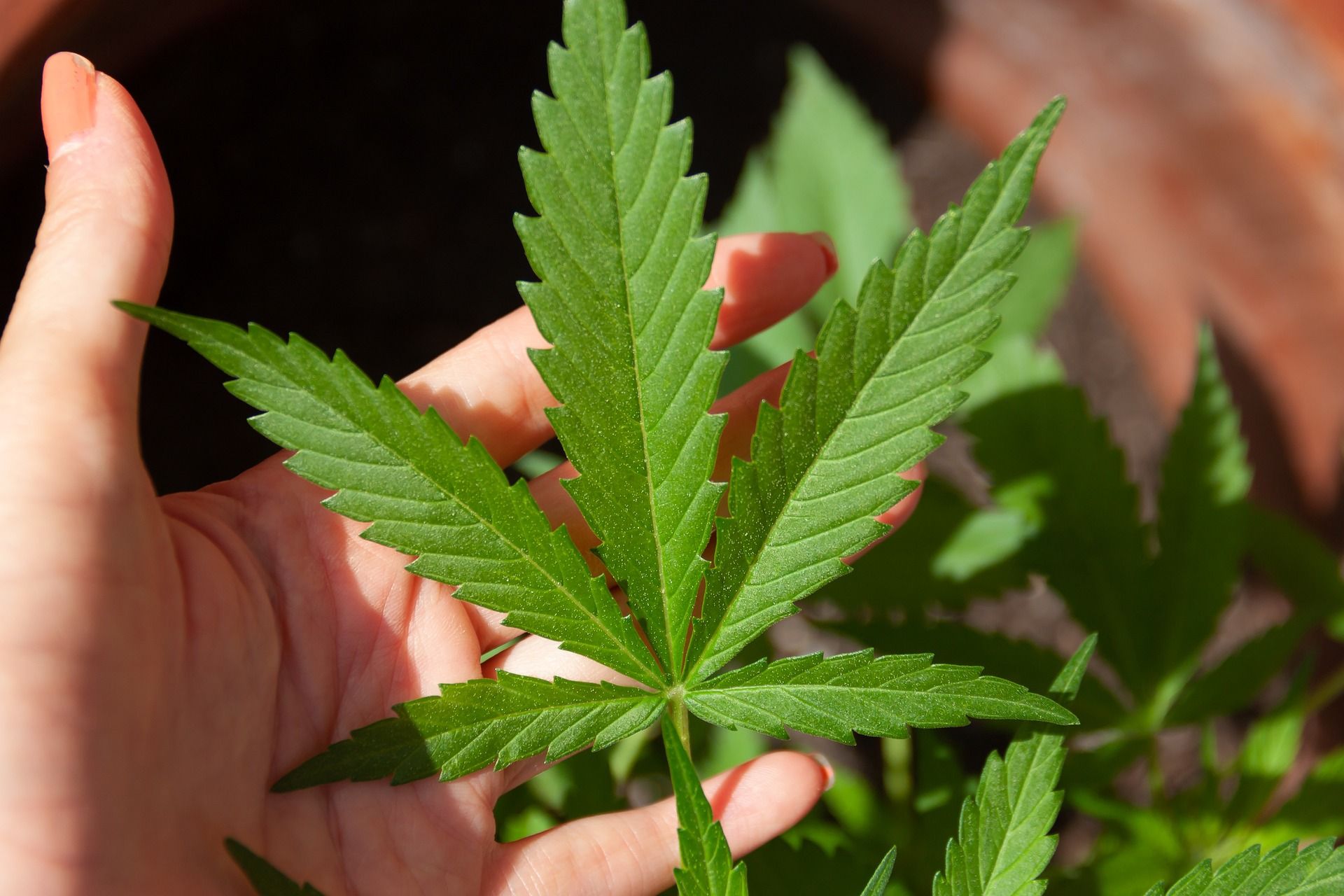Want to create interactive content? It’s easy in Genially!
Drugs
Anna Costumato
Created on December 10, 2023
Over 30 million people create interactive content in Genially
Check out what others have designed:
Transcript
Drugs
A drug is a chemical substance that can change the way your body works, your mood and the way you feel. There are different kinds of drugs, and they can have different effects on your body and mind. There are good drugs and bad drugs.
What is drug?
- These are drugs that doctors give you to help treat or cure an illness.
- They are designed to make you feel better and improve your health.
- Examples include antibiotics to fight infections, painkillers to relieve pain, and cough syrup to help with a cough.
What are Good or Medicinal Drugs?
These are drugs that people might use for fun or to change how they feel. Some drugs are legal and safe when used responsibly, like caffeine in coffee or tea, or in some countries cannabis or morphine but these only with a prescription by a doctor. These are used for very bad diseases.
What are bad drugs?
Some drugs are considered dangerous because they can have severe health effects and are often illegal. Examples : Heroin: A powerful and illegal opioid that can be highly addictive and harmful. Methamphetamine (Meth): A stimulant drug that can have serious health consequences and is often associated with addiction.
What are the most Dangerous Drugs:
Cocaine: Another stimulant that can have negative effects on the heart and overall health. Synthetic drugs (like ecstasy, crack lsd or synthetic cannabinoids or "spice" and synthetic cathinones or "bath salts"): These can be unpredictable and have dangerous side effects.
Health Problems: Drugs can harm your body and mind. For example, smoking or inhaling certain drugs can damage your lungs, and using some drugs can harm your heart and brain and other organs Addiction is a serious risk. It means your body becomes dependent on the drug, and you may find it hard to stop using it even if it's causing problems. Mental Health Issues: Some drugs can affect your mental health, leading to problems like anxiety, depression, or changes in behavior. It can make it difficult to focus on school or enjoy activities you used to love.
Consequences:
Legal Trouble: Many drugs are illegal to use without a prescription. If you're caught with illegal drugs, it can lead to legal consequences, like fines or even imprisonment. Relationship Strain: Drug use can strain relationships with family and friends. They might worry about you, and trust can be damaged. It can also lead to isolation if others disapprove of your drug use.
Consequences:
Drugs can be addictive, tha tis people who use drugs can become dependent on them and their bodies can’t function without taking drugs.
Addiction
1.Some teenagers believe drugs will help them escape problems at home or school 2.Some teenagers believe drugs will make them more popular and sociable
Why are they popular among teenagers?
3.Some teenagers believe drugs will help them appear grown up and feel good in front of friends 4.Some teenagersare simply curious or take drugs because of peer pressure 5.Some teenagers use drugsto gain their parents’ attention or as a rebellion
Solvent abuse is a very dangerous habit among teen agers It consists of inhaling the fumes and vapours of solvents such as glue and paints. These products are legal cheap and accessiblebecause they are for industrial or home use. The effects are terrible: They produce dizziness, confusion excitementand depression, difficulty with coordination nausea strong headaches.
A new drug: solvent
Fentanyl is a potent synthetic opioid drug approved by the Food and Drug Administration for use as an analgesic (pain relief) and anesthetic. It is approximately 100 times more potent than morphine and 50 times more potent than heroin as an analgesic. What is their effect on the body? Similar to other opioid analgesics, fentanyl produces effects such as: relaxation, euphoria, pain relief, sedation, confusion, drowsiness, dizziness, nausea and vomiting, urinary retention, pupillary constriction, and respiratory depression.
A new drug: fentanyl






